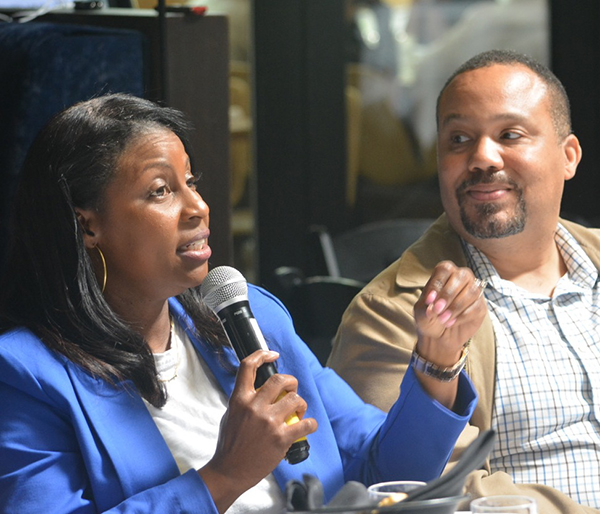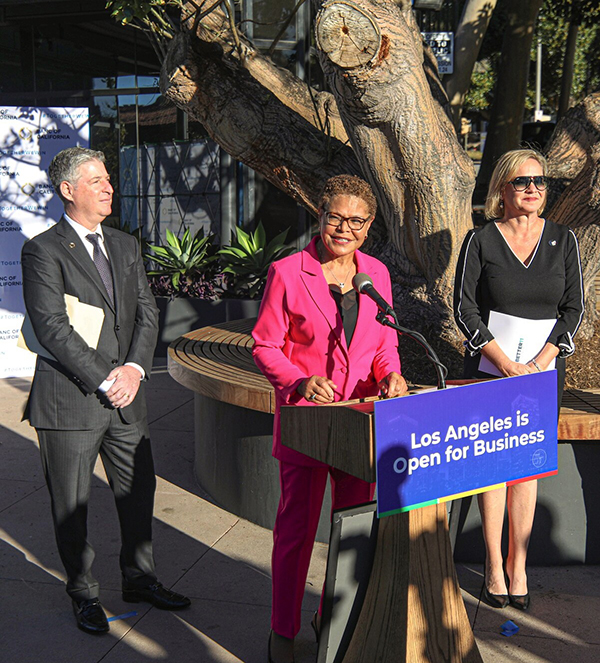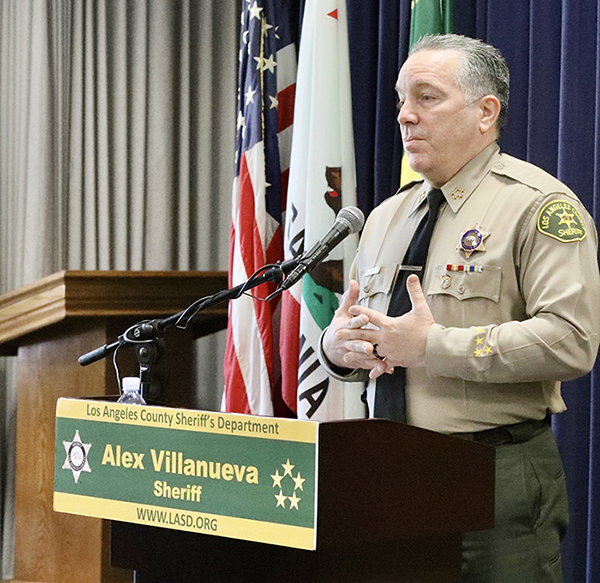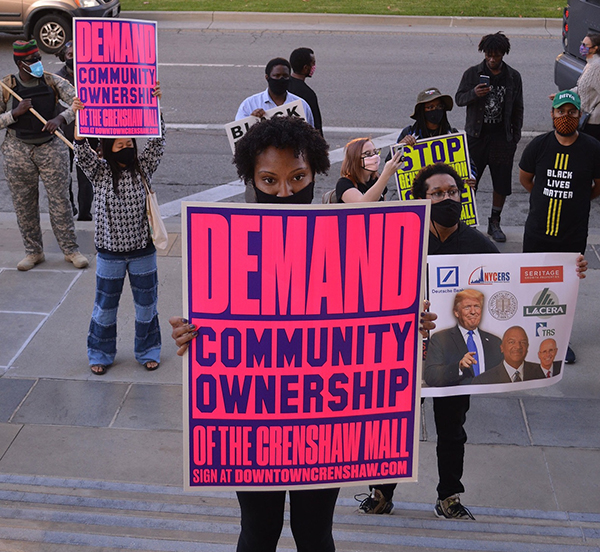L.A. elected officials join new coalition to push for higher minimum wage

A new coalition of labor unions, community organizations, and elected officials is set to launch a campaign aimed at raising the minimum wage across Los Angeles County. The Living Wage for All coalition—which includes One Fair Wage, the Alliance of Californians for Community Empowerment (ACCE) LA, and LA Forward Action—will hold a press briefing in Santa Monica later today to outline its goals and strategy.
The campaign follows the recent passage of a landmark law in Los Angeles that will raise the minimum wage for hotel and airport workers to $30 per hour by 2028—the highest minimum wage in the country for those industries. Under this new law, wages for covered hospitality workers will rise to $22.50 starting July 1, 2025, with scheduled increases each year until 2028. By contrast, the current statewide minimum wage in California is $16 per hour, and most workers in LA County earn less than what is considered a living wage.
According to the MIT Living Wage Calculator, a single adult in Los Angeles County needs to earn at least $23.82 per hour to cover basic expenses, a figure that exceeds both the state and federal minimum wages. Nearly half of all U.S. workers earn less than $25 per hour, while the federal minimum wage remains at $7.25 per hour.
The press briefing, scheduled for Monday, is expected to feature LA County Supervisor Holly Mitchell, LA City Councilmember Eunisses Hernandez, and representatives from worker organizations. The coalition’s stated goal is to extend wage increases beyond hospitality workers to include restaurant, retail, and other sectors not covered by the new law. Organizers say the event will also highlight workers and advocates who will share firsthand accounts of how current wages impact their ability to afford housing, healthcare, and other essentials.
Meanwhile, some business groups are mobilizing to challenge the new hospitality wage law. The L.A. Alliance for Tourism, Jobs and Progress—a coalition of airlines, hotels, and concession companies—has filed paperwork to force a citywide vote on the ordinance, arguing that such wage increases could have negative economic impacts. Union leaders and worker advocates counter that higher wages are necessary for workers to meet basic needs and achieve economic stability.
The Living Wage for All coalition includes national organizations such as the National Education Association and the Center for Popular Democracy, as well as local groups and unions. Their efforts are part of a broader national movement to raise wages for workers, particularly those who have historically been excluded from wage protections.





